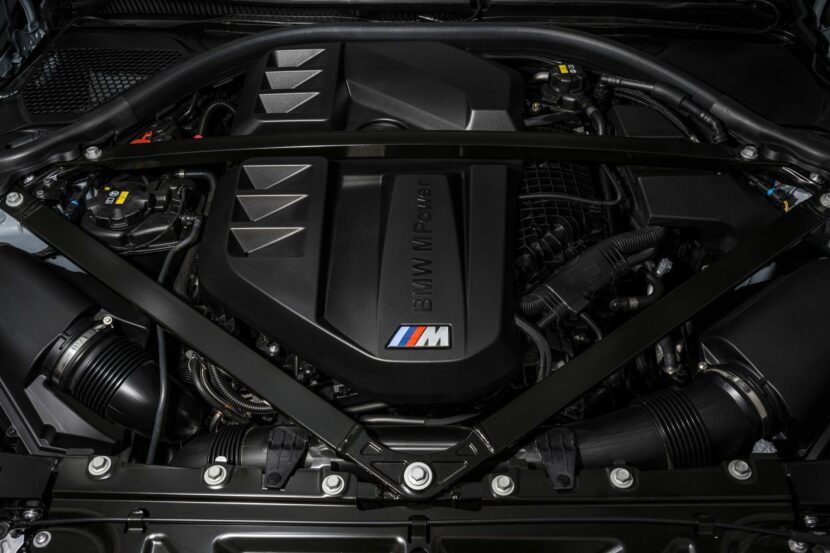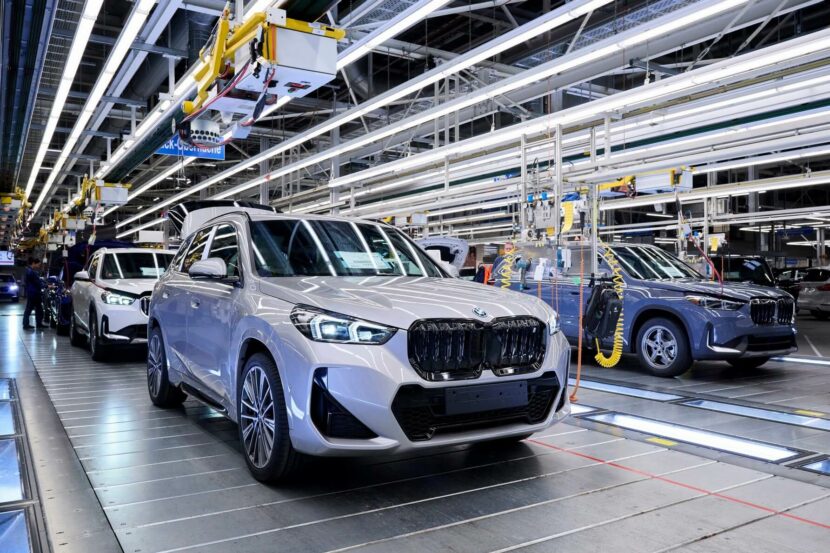BMW’s “Power of Choice” slogan might not be as catchy as “The Ultimate Driving Machine” from back in the day, but it does accurately describe the brand’s strategy. Most rivals rushed to set cut-off dates for cars with combustion engines, only to retreat from those ambitious goals. By contrast, Munich always bet on variety. Even today, with the new iX3 and Neue Klasse making headlines, BMW insists combustion engines still play a pivotal role.
Board member Jochen Goller goes as far as to say, “ICE and combustion will never disappear. Never,” reinforcing the belief that BMW still sees a future for the gas engine. The statement, made during an interview with Autocar India, isn’t surprising. It comes shortly after BMW confirmed tweaks for its inline-six and V8 powertrains to meet upcoming Euro 7 regulations. But looking further ahead, the company sees an indefinite future for combustion engines.
It’s an interesting declaration, given that the European Union still intends to ban sales of new combustion-engine cars from 2035. However, the decision is not final, as a review of the zero-emission plan will take place before the end of the year. The policy could still change, with reports suggesting plug-in hybrids might be allowed after the middle of the next decade. Additionally, EVs with range-extending gas engines could continue. After using this setup in the i3, BMW is believed to be bringing it back for the next-generation X5.
BMW has been consistently vocal about the issue, insisting it’s premature to outlaw new combustion-engine cars from 2035. Citing risks of massive job losses and an underdeveloped EV charging infrastructure, the German luxury brand opposes the EU’s proposed ban. Earlier this year, CEO Oliver Zipse argued that forcing everyone into EVs “leads down a dead-end street.”
Klaus von Moltke, Head of Global Powertrain Production and Plant Manager at BMW’s Steyr engine plant, recently declared, “The combustion engine is our foundation.” In fact, even diesel engines are sticking around for now, with the next-generation X5 (G65), X6 (G66), and X7 (G67) all reportedly set to offer diesel options.
By 2030, BMW projects it will split annual sales evenly between combustion-engine cars and EVs. That would mark a major shift compared to last year, when purely electric vehicles accounted for 17.4% of BMW Group’s total sales. By the end of the decade, the EV lineup will likely expand to include several other models. We’re hearing that an i3 Touring, iX4, iX5, iX6, and an iX7 are all coming. These would join the Neue Klasse family alongside the new iX3 and next year’s i3 sedan. An entry-level i1 and/or i2 could debut before 2030.
Source: Autocar India























































